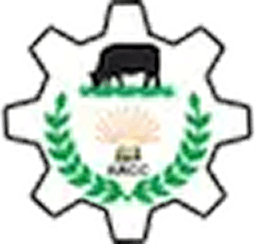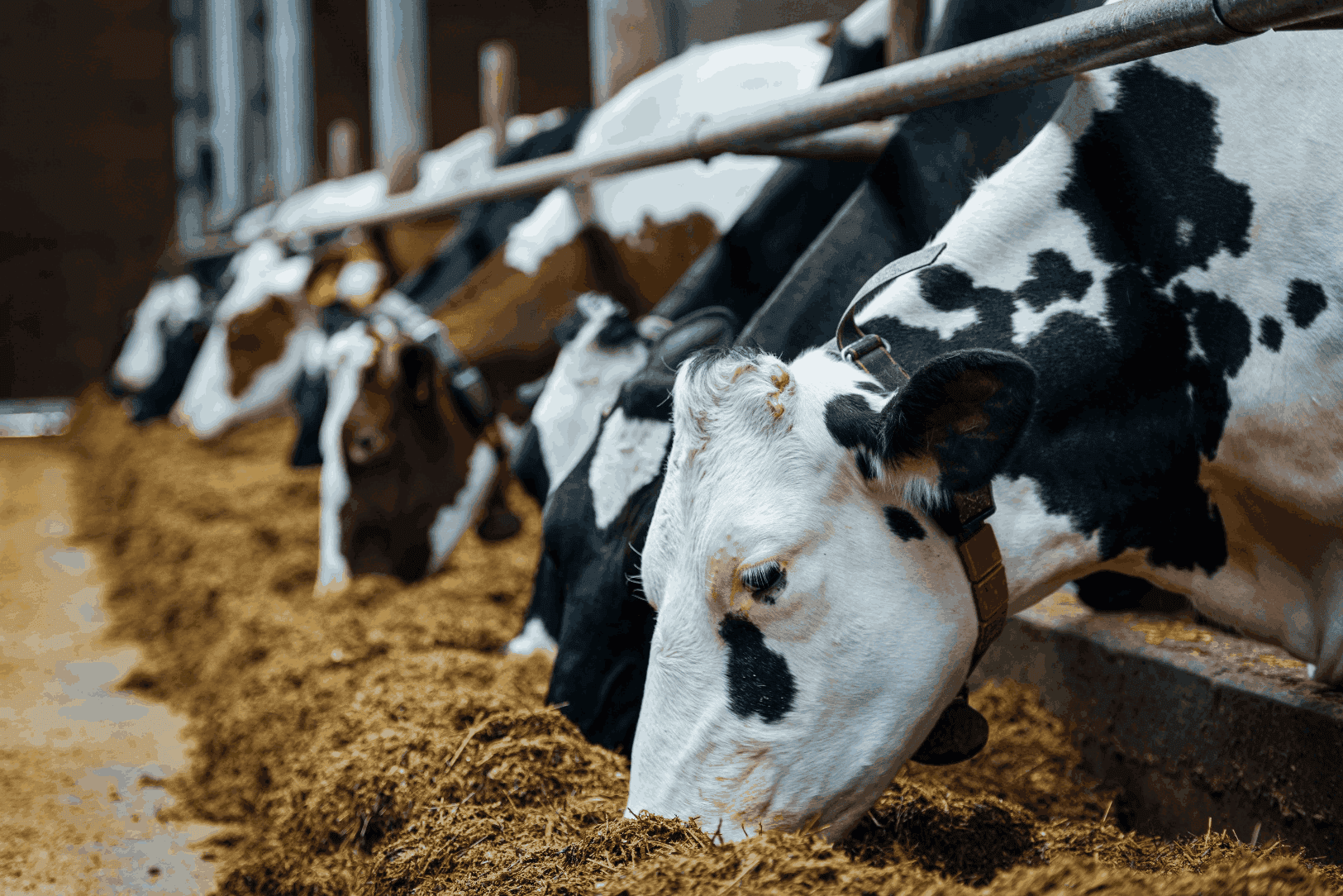
GLOBAL AGROVET
RESEARCH CONFERENCE - 2K26

POWERED BY
ARCC JOURNALS

POWERED BY
ARCC JOURNALS



17 Apr 2025
Alternative Proteins for Animal Feed

17 Apr 2025
As sustainability becomes a top priority, alternative proteins such as insect-based feeds, algae, and lab-grown ingredients are emerging as viable replacements for traditional animal feed sources. These alternatives are not only nutritionally equivalent to conventional feeds but also offer significant environmental benefits, making them key to the future of sustainable agriculture and aquaculture.
The traditional feed industry has long relied on ingredients like soy and fishmeal, which contribute to deforestation and overfishing. By shifting to alternative proteins, farmers and producers can reduce their environmental footprint, helping address critical challenges such as land-use change and biodiversity loss. Insect farming, for example, uses minimal space and water and can be a sustainable source of protein for both livestock and aquaculture. Similarly, algae-based feeds offer a rich source of omega-3 fatty acids and protein, essential for healthy animal growth.
These alternative feeds also contribute to lowering greenhouse gas emissions. Traditional feed production is resource-intensive, requiring large amounts of land and energy. In contrast, insect farming and algae production have a much smaller carbon footprint, making them crucial for meeting global sustainability goals.
As consumer demand for sustainably raised products increases, livestock and aquaculture producers are turning to these innovative feed solutions to meet both environmental and economic demands. Alternative proteins are becoming an essential part of the livestock and aquaculture sectors, ensuring a more sustainable and efficient future for animal farming worldwide.

Become a Delegate
Attend GARCX 2026 as a delegate to gain expert insights, connect with global professionals, and explore cutting-edge solutions in agriculture and animal health.

Become a Speaker
Join global thought leaders at GARCX 2026 to share your research and insights. Present your work on integrated agriculture and animal health before an international audience.

Become a Sponsor
Showcase your brand as a pioneer in One Health innovation. Sponsoring GARCX offers high-visibility branding and strategic exposure to industry leaders and researchers.

Publish with Us
Submit your scientific work to be featured in esteemed ARCC Journals. Gain credibility and reach in the global agricultural and veterinary research community.

Become an Exhibitor
Display your solutions, products, or innovations in agriculture and animal health at the GARCX Expo. Network with stakeholders and boost your industry presence.

